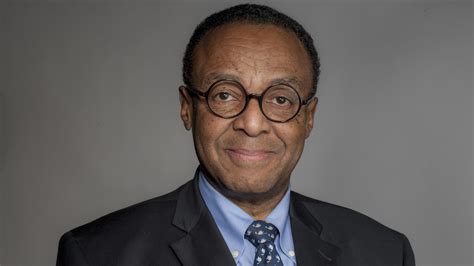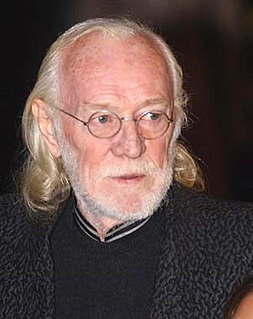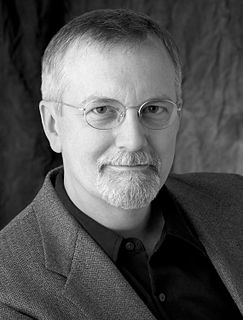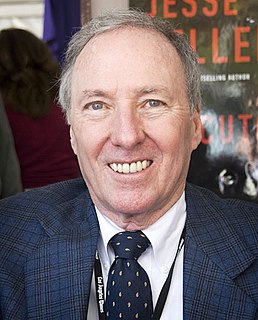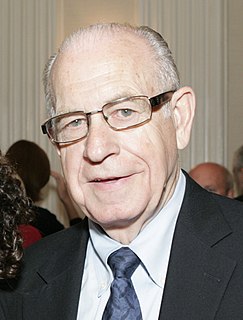A Quote by John Patrick Shanley
Winning the Pulitzer is a really mellow, fabulous thing. You don't sit and wait for them to open an envelope. You already know you won, and you have a nice lunch. Oscars are more stressful. I had to sit for three hours and wait for my category. I had to fly to Los Angeles. For the Pulitzer I just had to go up to Columbia. But, while the president of Columbia gave me the Pulitzer, Audrey Hepburn and Gregory Peck gave me the Oscar, so that was better.
Related Quotes
One thing about winning a Pulitzer, it means you know what the first three words of your obituary will be: Pulitzer Prize-winner. After winning the Pulitzer, I couldn't help but notice how people suddenly looked at me with a newfound respect, and would say, "He's an expert." On the negative side, I developed a terrible case of writer's block for awhile, because I felt like readers would expect every one of my columns to be prize worthy.
The Pulitzer isn't a physical object. You can't hold it in your hand. You get some money ($7,500 in my day), and you get a little Tiffany's paperweight with your name on it and the image of Joseph Pulitzer suspended in the crystal. When people see my 'Pulitzer' (I keep it in my sock drawer), they are pretty amazed at its meagerness.
'To Kill a Mockingbird' appeared to highly favorable reviews and quickly climbed to the top of bestseller lists, where it remained for more than eighty weeks. In 1961, the novel was awarded the Pulitzer Prize. A film adaptation was released in 1962, starring Gregory Peck, and received three Academy Awards.
Nothing concentrates the mind like a firm deadline, and a little voice in the back of my mind reminding me that, "If you don't write, you don't eat." We all want to be respected and appreciated, but when you get a big honor like winning the Pulitzer, people start to look for your work in a new way with higher expectations. Today, the best thing about having won is when I get a nasty comment from some internet troll I can remind myself of the Pulitzer and say, "Well, somebody appreciates me".

